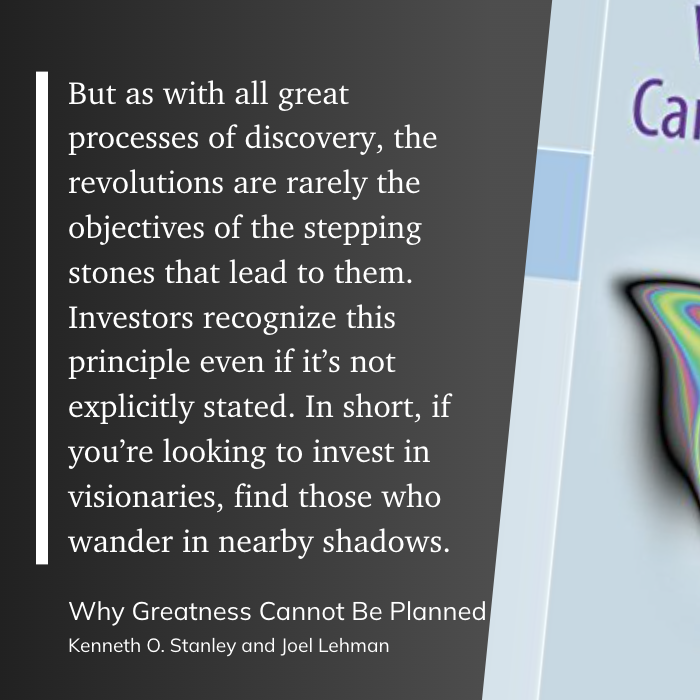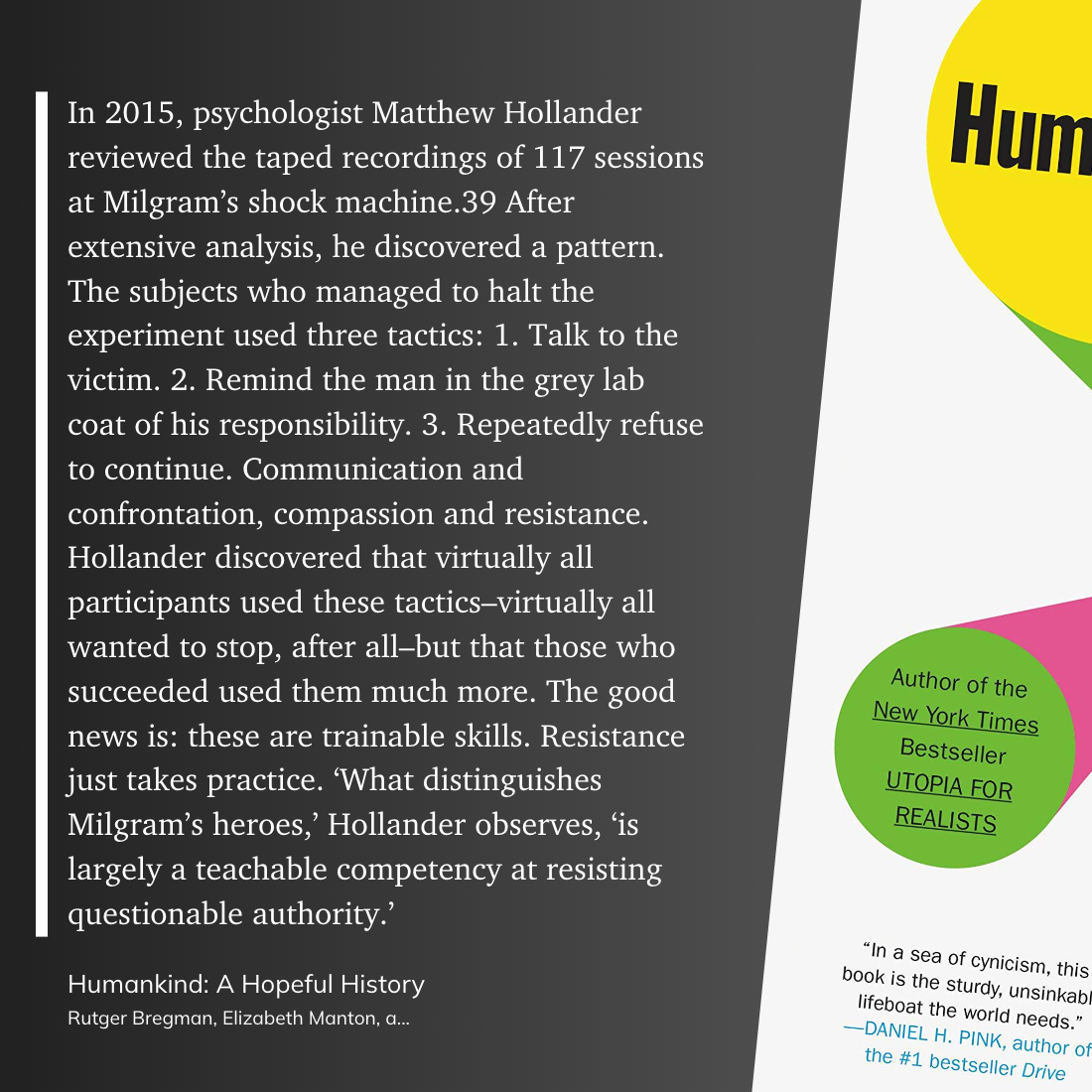Open Threads
The odd, the lovely, the perplexing of this moment.

A human experience I find baffling is the intention-action gap. Sometimes it makes so much sense - the small things that wriggle out of focus. Oh I meant to put more poop bags in the holder but I forgot. I can forgive my brain for those lapses, even though they sometimes cost me time, money, and reliability reputation. No matter how much capitalism wants us to be, humans aren't machines. The variance in our behavior is a natural sampling of future possibilities. A creativity we are trained to suppress. The echo of evolution: many ways to do the same thing instead of the best way. As if we could recognize what's best for ourselves or others.
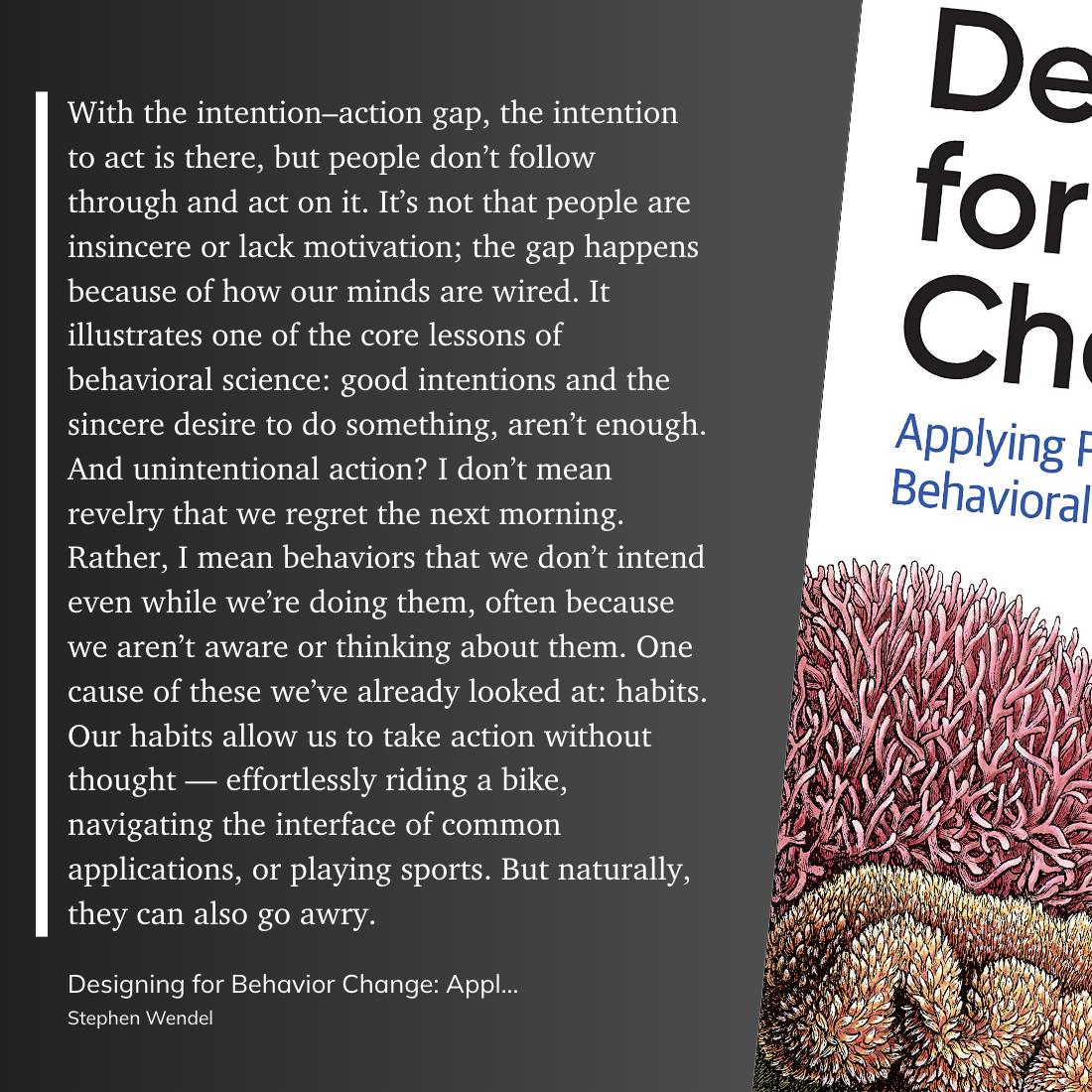
I lost a mask once. And an earring. I was on a date and we made out in a tree. He was cute and charming and hated his mother. I could feel the subtle friction and wasn't surprised he disappeared. Another time, early in the pandemic, I took my T shirt off in a parking lot so my ex could use it as a makeshift mask and go inside to get the takeout we ordered. The store gave him a mask. What a different time that was. I felt so lucky in 2020 to have a partner to go through this with. Sex and incompatibility is a powerful distraction duo. Until it sneaks up on you that you barely survived him. He was taught to be the sun and he only pretended to care for you when you stayed in your orbit and out of his.
The last close call, late at night and half out of it with sleep meds, I almost walked into my hallway maskless to take Pepper Ann outside. I realized immediately. I have nightmares about being in a crowd and then realizing I'm maskless. I've also dreamt of care and consideration I won't receive: a former close friend masking up and handing me a mask too. I don't even remember which friend was in that dream, it's all a blended story of betrayal and abandonment now. Sometimes I reverse the belief, like that Byron Katie book. Instead of being abandoned, did I abandon others? Belief roulette is not for everyone.
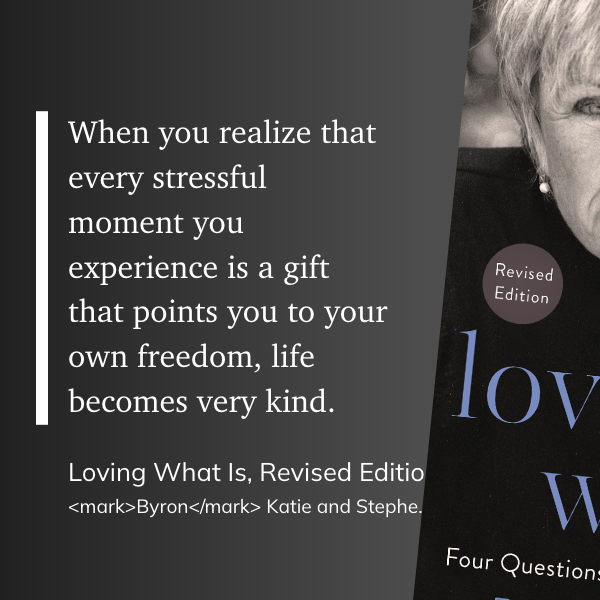
I can't and won't live in denial in my waking life. My unconscious readily picks up that slack. After all, I'm the one who taught it to rewrite painful stories and beliefs by reliving them in EMDR.
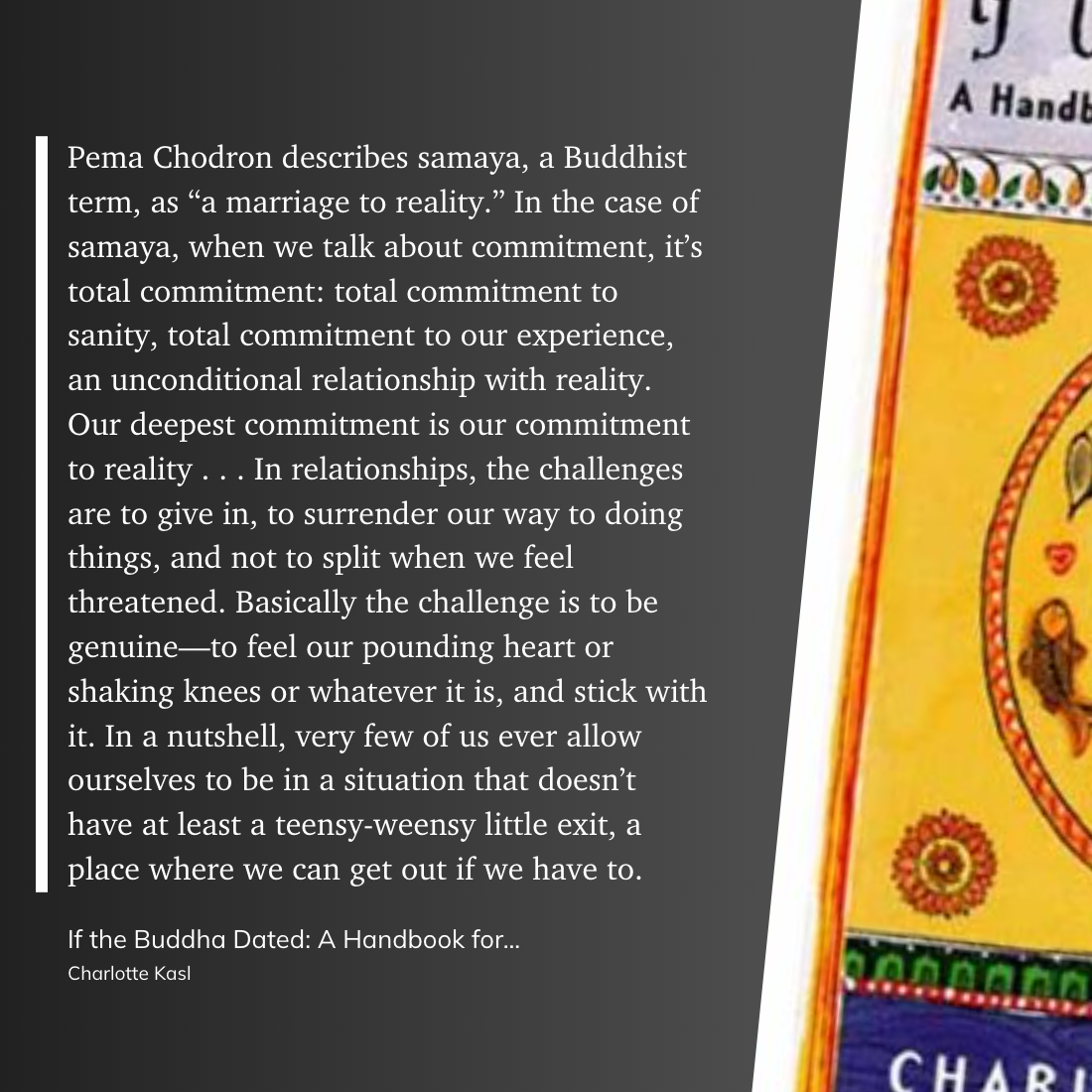
Cognitive reframing is an extremely helpful coping skill, unless it doesn't match reality and you rely on it too much. Then you stay stagnant and stuck in harmful situations and relationships. The prostitute archetype has called you and you didn't pick up.
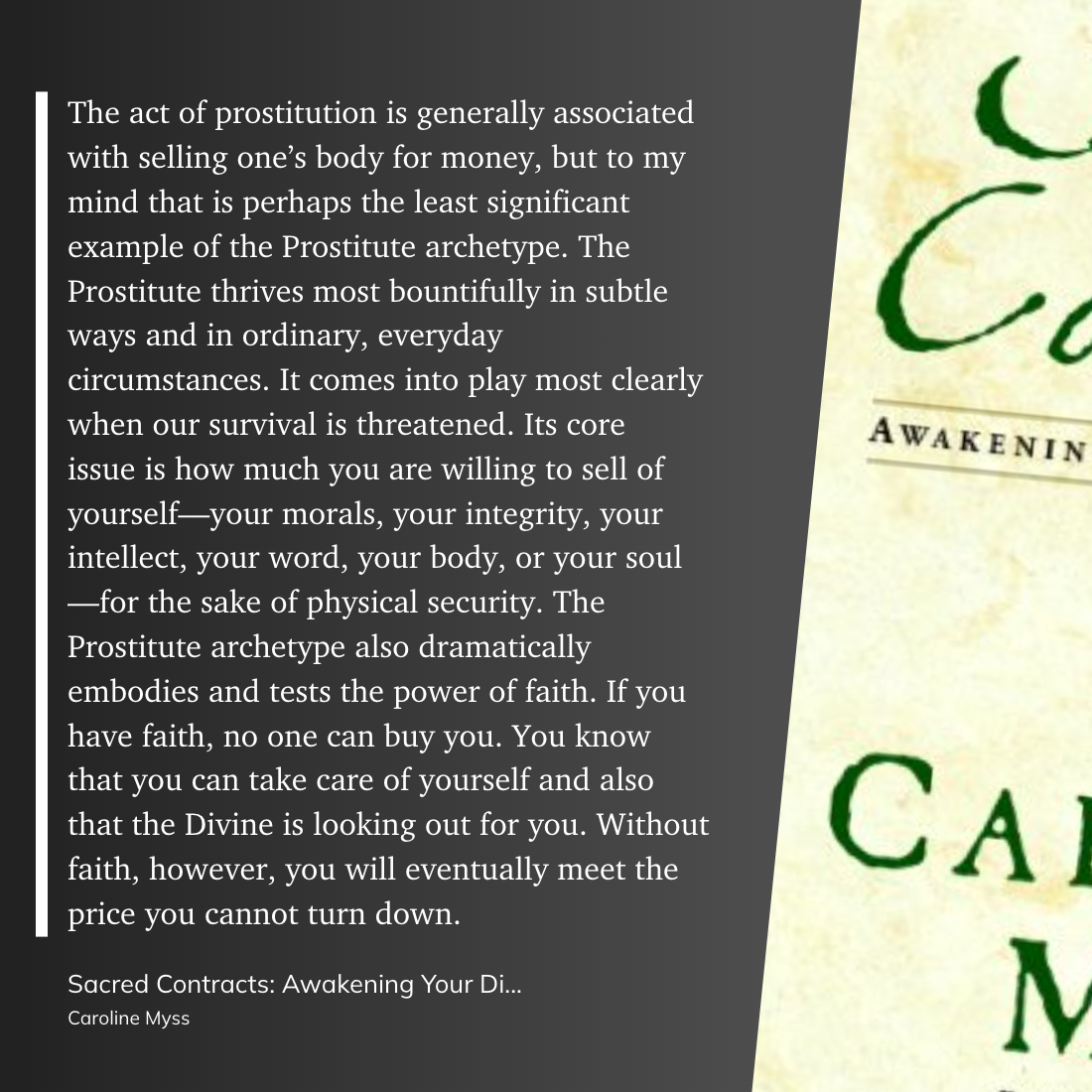
Justifications are another infectious disease. If you allow it in yourself or others, it spreads. If you avoid it, well, that spreads too. We've buried crimes and unimaginable suffering in the gap between intentions and actions. We say all choices are equal. We didn't mean to. There's no ethical consumption under capitalism. We enforce personal responsibility as long as it upholds the system, but never when it challenges it.
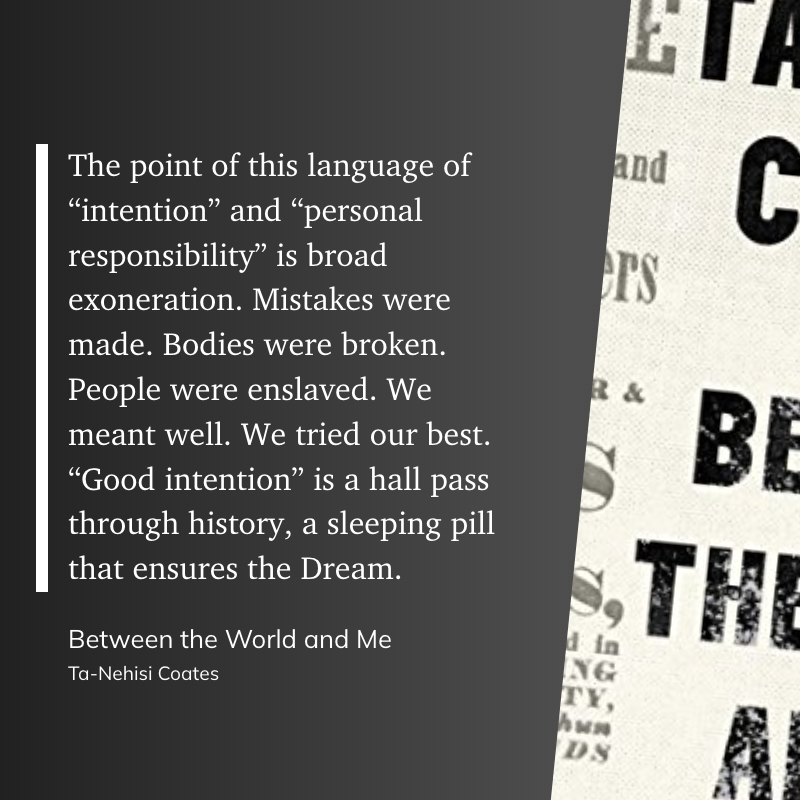
Denial is a jealous partner. It's a shitty time to embrace reality, the difference is how willing each of us are to say that out loud. We are all being vigilant: against Covid or against awareness of Covid and climate crisis. Maybe it's easier to be unaware. Until the cliffside erodes underneath your expensive lakeside mansion.
There was an episode of Hidden Brain that discussed the pain of waiting. The advice from research, undoubtedly flawed psychological studies on college students, was to stay optimistic until right before you find out an outcome. Pessimism can be protective before a terrible event, but not a moment too soon. I don't remember what attitude recipe was best when the timing of an outcome is uncertain. Maybe they can't measure that with a study.
A year ago, I had a few dates with someone. We were picking some drinks up at a liquor store. He forgot his mask in my apartment. It's easy to recognize you aren't that into someone when they also have the potential to kill you with carelessness. I also found conversations with him to be irritating in some amorphous way. Like uncomfortable clothes you leave in the back of your closet, until you run out of laundry. I told him we could maybe be friends, in summer. You know, when things improved and I could be around people outside. But then mask mandates ended and so did most of my remaining trampled hope and relationships. I ignored him when he reached out, because by then there were only 2 people I'd actually see in person. Now there's only 1.
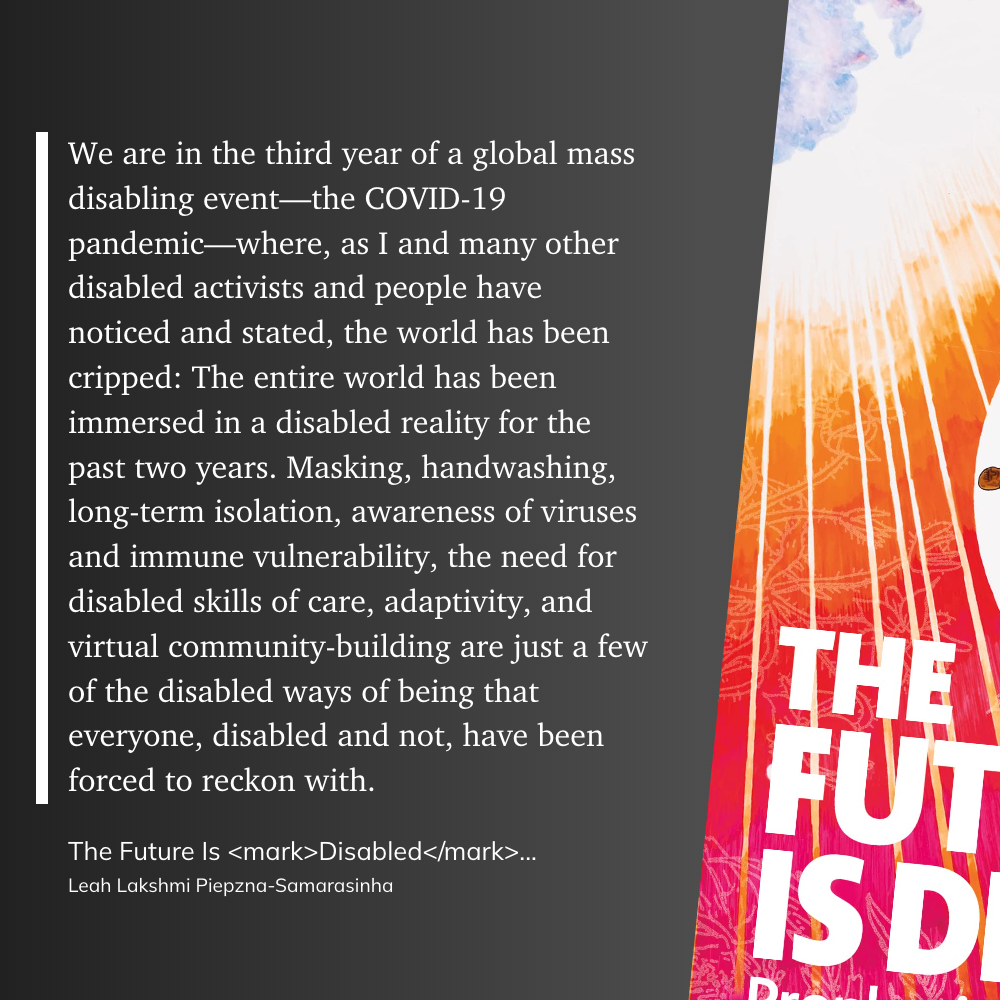
I've ignored a lot of people and messages in the past few years. It stopped being difficult a long time ago. So now I worry about how easy it is. It's not so much that I'm ghosting, more like I'm an actual ghost. Even when I intend to answer, the action gap shows up. I feel frozen and possibly overwhelmed. There's so many things on the horizon and I can only confront a few items at a time.
My EMDR therapist suggested I don't call it avoidance. It feels more like a lingering. Things I have to do. Things I want to do. Issues with finances and healthcare. Just hanging out at the periphery. My task landfill needs an expansion just like our county landfill does. I even turn my trash into tasks, into projects. Anything to avoid the emptiness of this moment and my limitations.
Then I neglect those projects too. I couldn't tell you why, at least not verbally. Maybe it feels like choosing me. Maybe it feels like slowing time. Maybe it feels like my only form of resistance. I am surprised that writing that led to tears. Like when someone jumps out at you, but you forgot they were there waiting the whole time.
How many of us binge and purge productivity? Connection? Open threads feel like trying to let a trickle out of a damn of longing. If I dive in, I might not surface. Like that past life visualization tape I listened to once. I'm under water wondering if I will try to take another breath again or if drowning was the end of that life. It doesn't matter if it's true or real, it's buried in my mind as a choice I'll have to make. Or a choice I am making every day. Whether or not to commit to life. Some days that's restrictive, a life without the presence of people. Watching other's live the way I did once, as if millions of us don't even exist. Some will even admit they don't think we deserve to exist. I'm numb to their accusations and callousness. I will not be claiming their shit as my own.
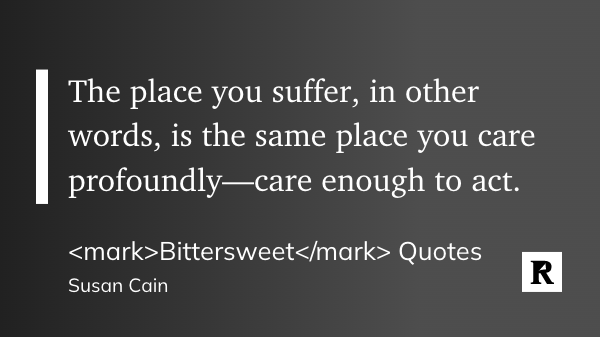
Other days it's freedom. Curled in a blanket, colorful lights, art, my pup, an engrossing book or show.. the careful curation of choices that built my home around me. I think this is the best my life will ever be. I wish my gratitude wasn't tied to sense of dread.
@thecakelin Replying to @thecakelin damn rearranging this brightened my mood. It feels more like a separate workspace now that there's bookcases on each end. I'm glad I thought of L shaping it so it would fit. This is an ikea desk I got in 2020. I can set the desk height to standing too by affixing the top up a shelf. Ikea didn't have legs available. I planned on making these wooden folding legs, so it could be at sitting or standing height. Never got around to it. One day, maybe. If fate strikes. 😅 #worksetup #workstation #desk #homeoffice #remotework #engineer #monitorsetup #artist #scientist #workspace #disabled #adhd #autism #audhd #entrepreneur
♬ The Champion - Lux-Inspira
I almost exclusively read nonfiction, unless it's a book about parallel lives. Human brains crave certainty. We will predict anything, even terrible things. As long as we can know, or pretend to know, what's coming. Teleporting to a new planet where our alter is dead. Or picking out a new life story via a book at a mystical ethereal library. Stories about choice and control. That's what my brain wants. I'm motivated by freedom, my biggest fear is being controlled. If I ask for help, take money to support my work, sell my time or products, I'll owe someone something.
You can only commit at the level you are differentiated. And I am still figuring that out.
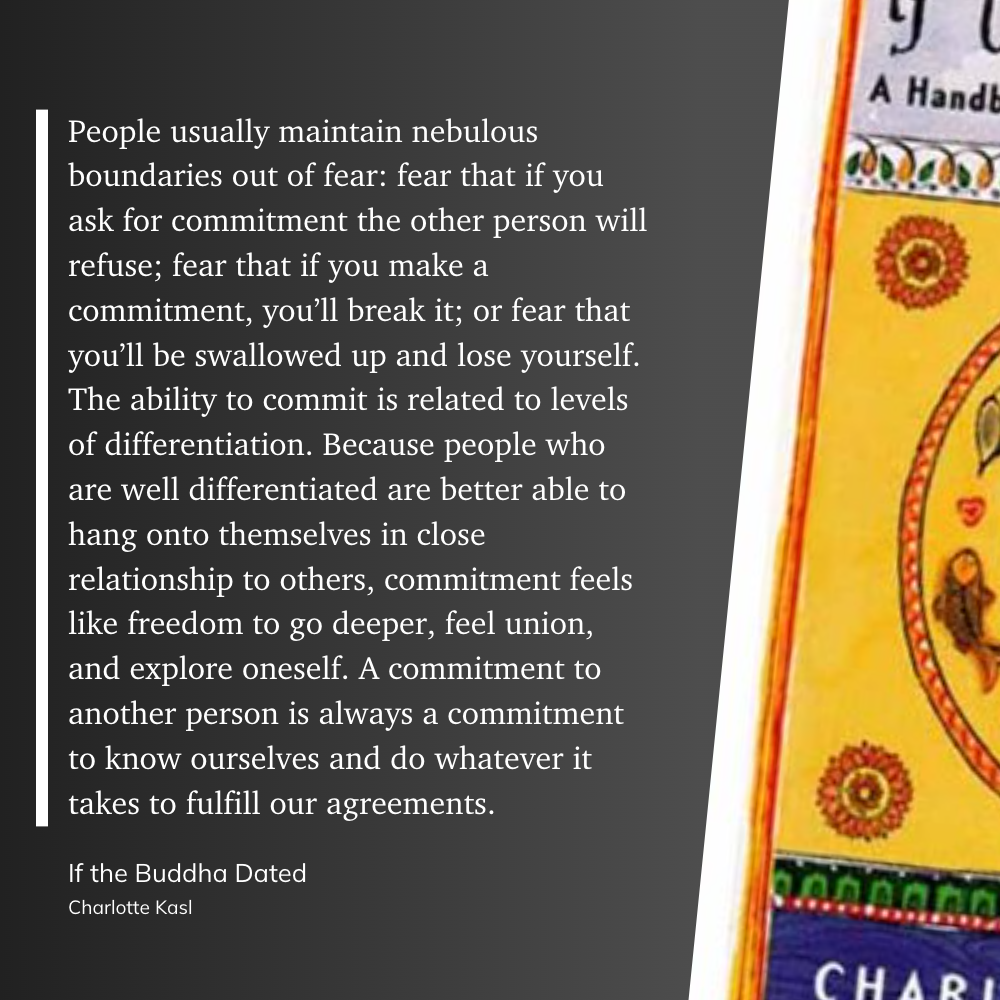
We don't get to live parallel lives, to play out multiple choices in real time. As far as I can see, we have 3 options. One is the sidelines. We develop parasocially, we watch the attempts of others as a risk free way to indulge. Maybe we choose shadow careers, one step away from our true passion. Maybe we love those who are unencumbered or privileged or expansive enough to do what we want to do. Proximity becomes a taste of what we thirst for.
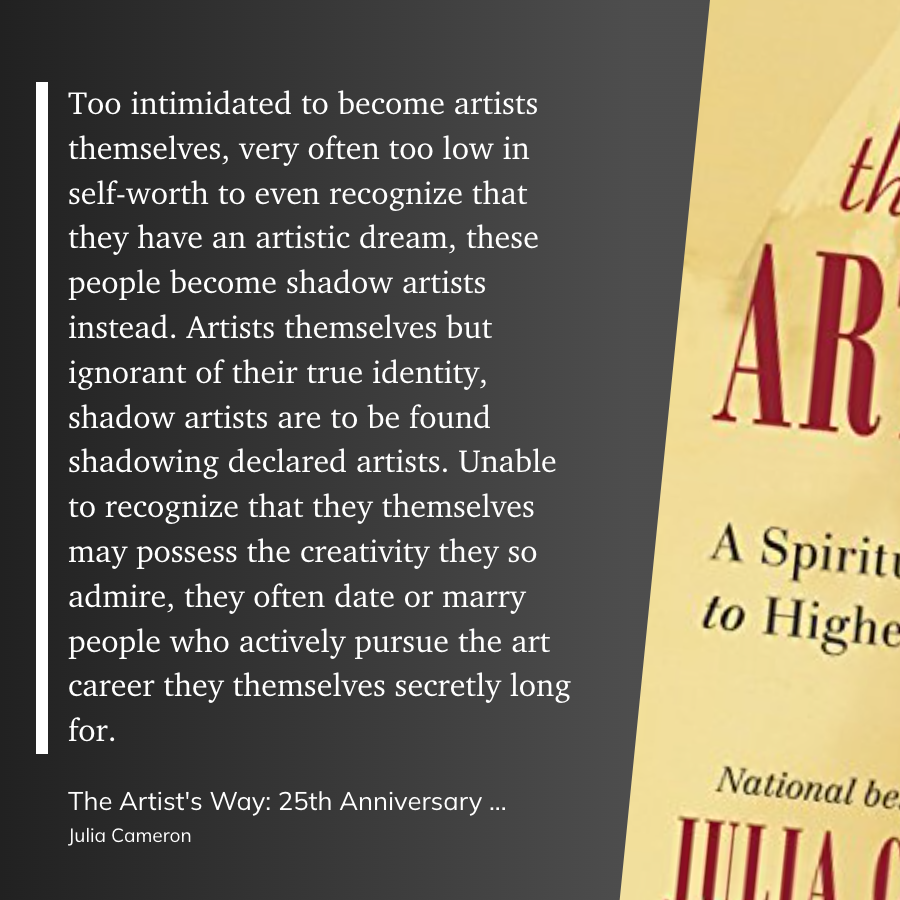
Option two: we make our own attempts. A practice is a collection of moments and each moment will be a different experience. A different set of variables. We collect until our bucket of experiences is large enough to shape accurate and robust predictive models. Along the way we become scientists of ourselves and our own emotions. We will have to learn to love failure on this path. That's not going to be easy for most of us. We will need to rewrite buried scripts. Instead of rejection dysphoria, I think I've developed a rejection kink. We gain and drop interests and obsessions, into seasons of hobbies and half-invested attempts. Each yes is also a no. A power we often run from.
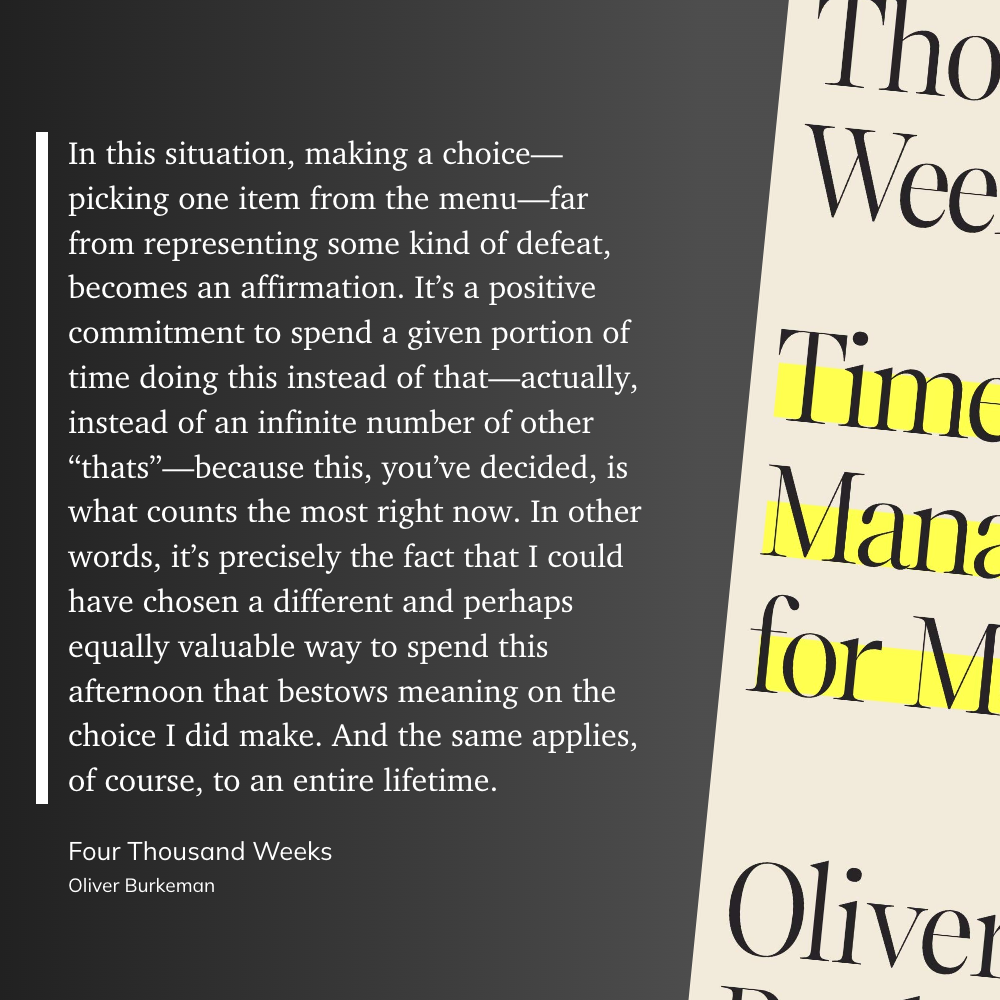
The lucky ones get clarity, even if they fail at the objective. They knew what they wanted. When I think about the alternative, I remember mucking as a child at my Grandma's. Waders boots sucking down. Hoping duct tape patches hold. While you pitchfork stinky muck into new shoreline while cleaning the lake. At least that's what I assumed we were doing. There was always work to be done and I usually just did what I was told.
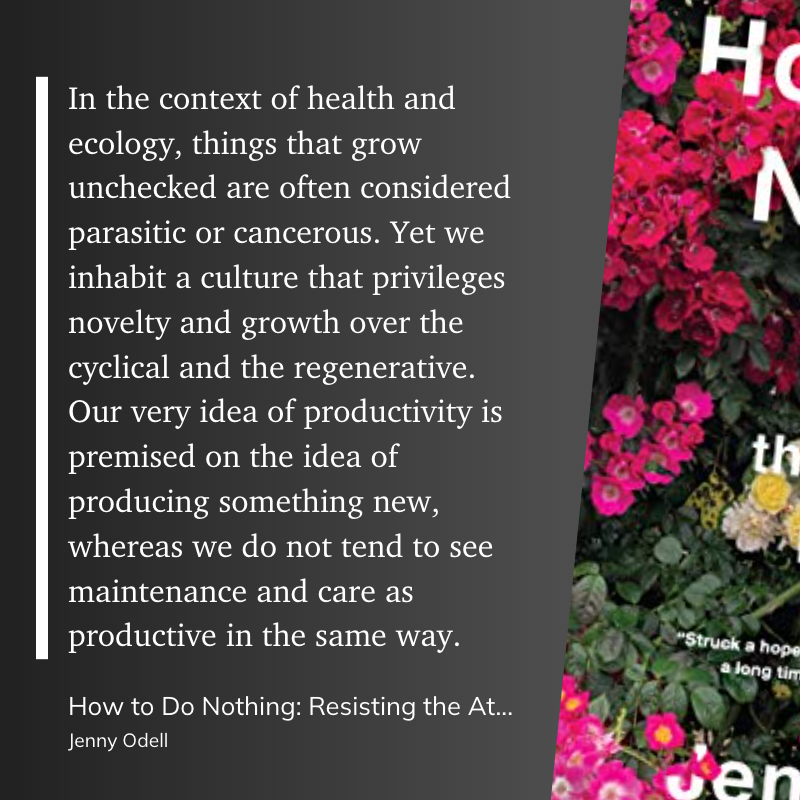
Maintenance work is devalued as feminine, like documenting code instead of overcomplicated new features. It leads to software bloat. Competition instead of integration. Patch worked lives that need smoothing and soothing. Depending on your identity, you'll be assigned the recipient or the giver. You'll be scheduling and taking notes. Or just showing up with an unlimited pass for others listening to you. Your assignment will shift beneath your feet. So we are always calculating where we stand.
Oh yeah, what's option 3? I have no fucking clue. I got pulled into the weeds and sacrificed the cohesion of this writing for a small amount of my own. It was worth it.
Resist. Resist efficiency. Resist questionable authority. Chase internal clarity. Indulge your own confusion. Maybe leave some space and stepping stones. It's possible we will discover acknowledging time and energy and output limitations leads to joy, too. Subtraction and streamlining is more expensive for us than addition. Our multiplicative horizons. Once you read it, this writing isn't mine anymore anyways. It's a gift freely given.
